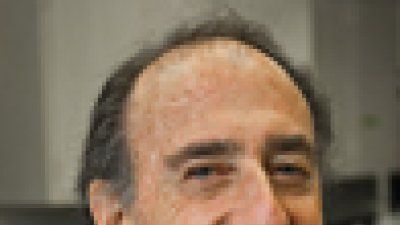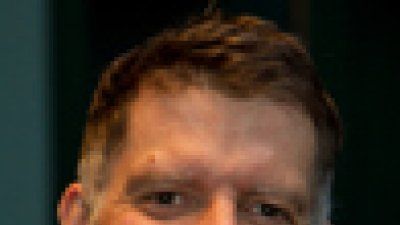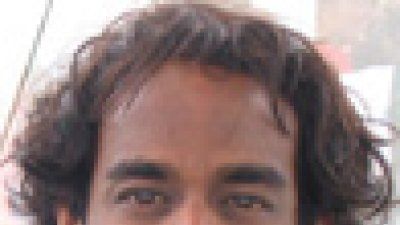Early Treatment May Improve Socioeconomic Conditions for People in Rural Sub-Saharan Africa With HIV
Adults with HIV in rural sub-Saharan Africa who receive antiretroviral drugs early in their infection may reap benefits in their ability to work and their children's ability to stay in school, according to a first-of-its-kind clinical study in Uganda that compared socioeconomic outcomes with CD4+ counts — a standard measure of health status for people with HIV.



